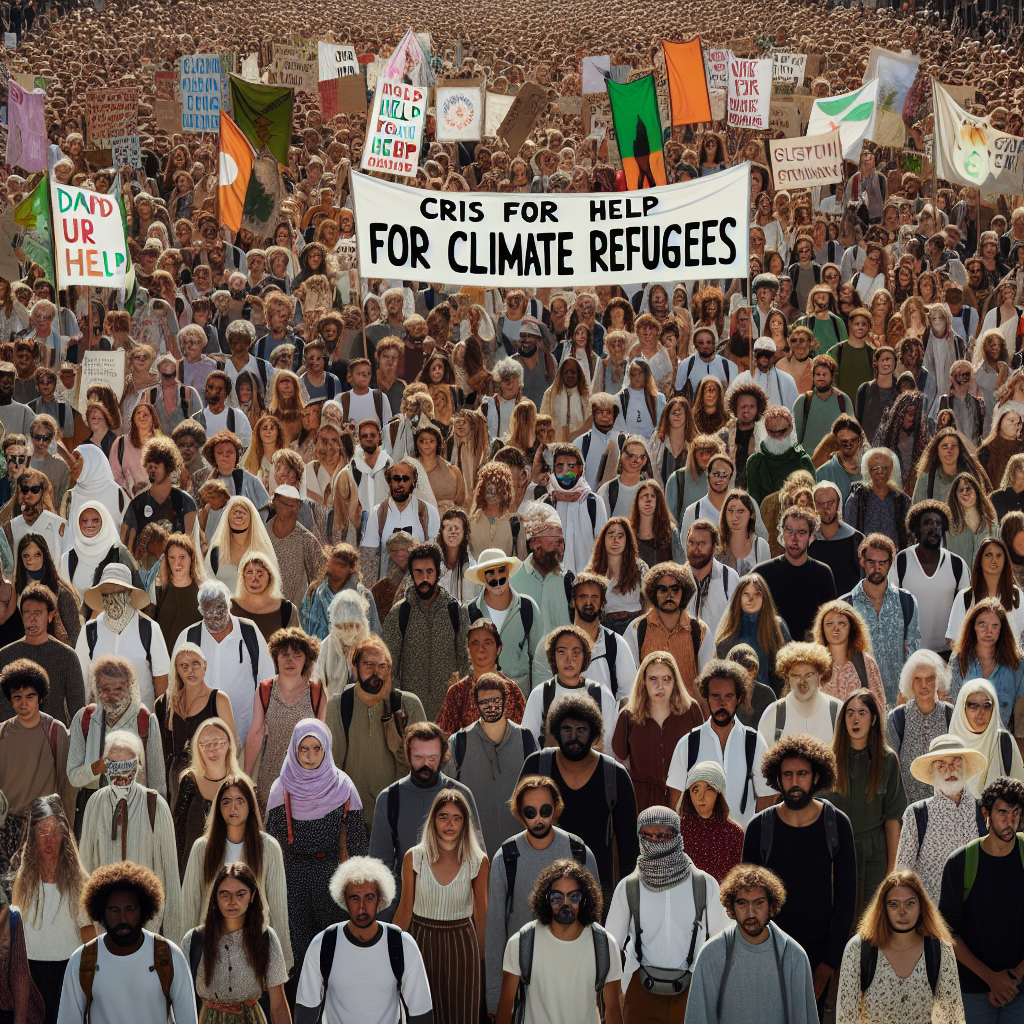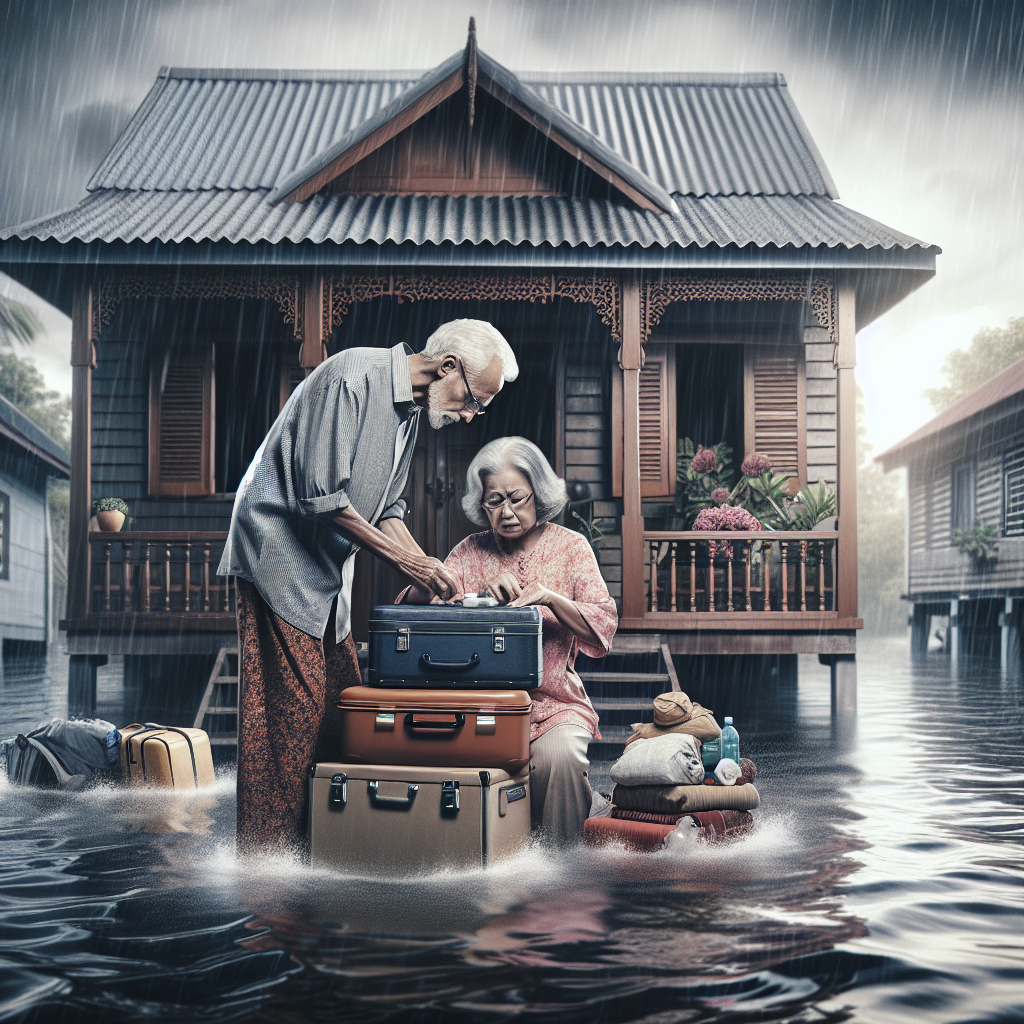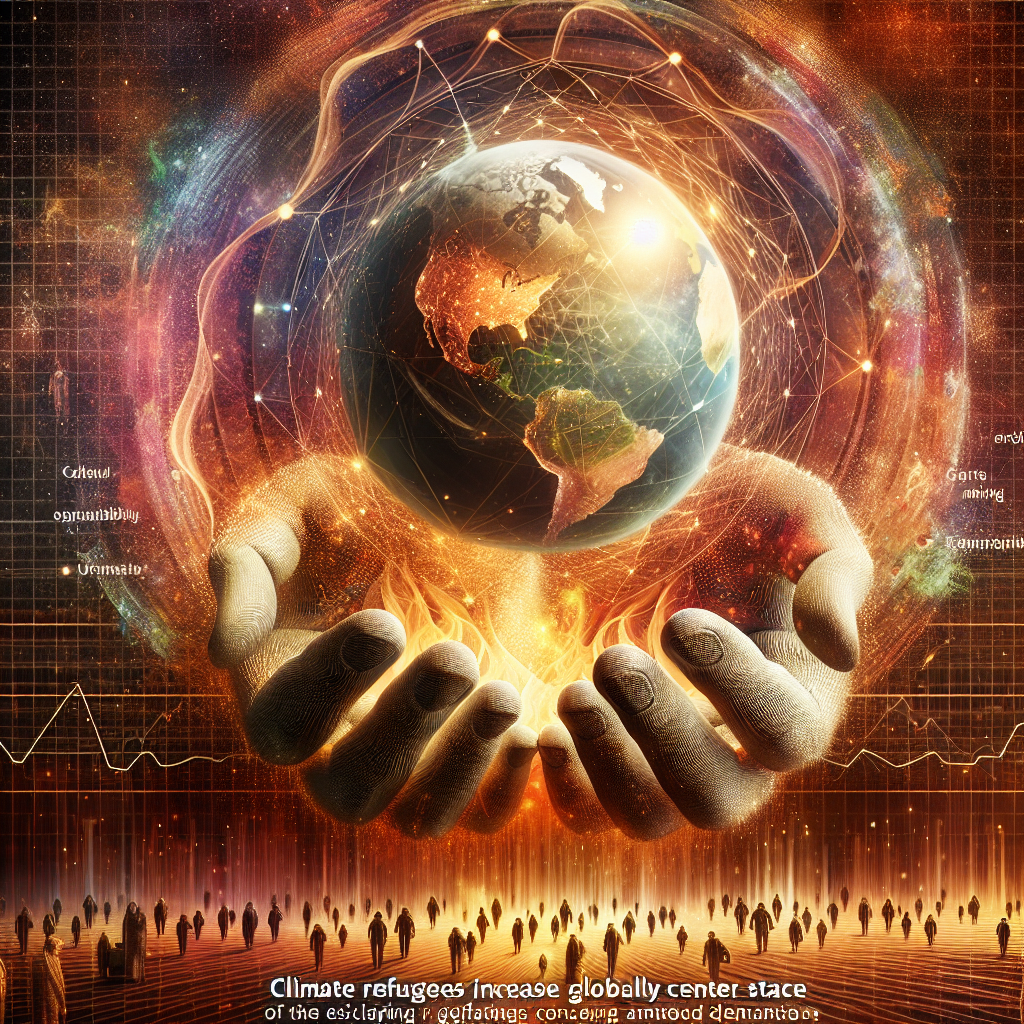The environmental crisis we face today is not just about polar ice caps melting or coral reefs bleaching; it’s about people – an increasing number facing displacement due to extreme weather conditions related to climate change. The term ‘climate refugee’ has gained significant traction as the spotlight shines on those who flee their homes because of environmental catastrophe.
Historically, there have always been instances where populations had to adapt or move due to natural disasters or changes in the environment. But our warming world accelerates this phenomenon at unprecedented speeds.
In modern society, climate refugees are becoming a part of mainstream conversation. Sparked by droughts causing famine, floods washing away towns, and wildfires ravaging forests: these human stories bring home the reality of accelerating climate change.

This rising trend leaves no generation untouched. Younger generations grow up with intensifying anxiety over their future while older generations grapple with unexpected upheaval during their lifetime.
The media plays a crucial role in shaping public perception by bringing light and urgency to these issues. However, coverage can be skewed either dramatizing or downplaying such crises based on political bias.
Public discourse around climate refugees signifies acknowledgment but also highlights gaps in international policy that fails to recognize them under conventional refugee laws.
This issue is culturally significant as an embodiment of our strained relationship with nature and symbolizes humanity’s resilience amidst adversity caused by anthropogenic factors
Looking ahead into the future implications brings forth complex challenges including geopolitical shifts dementia changing demographics exacerbated inequality further necessitating immediate action from all stakeholders involved
The rise of climate refugees echoes broader trends in global environmental and social change. Our climate crisis manifests not only in natural disasters but also societal upheavals.
With each passing year, the cultural evolution concerning our perception of climate refugees conveys an urgent message for humanity to unite and tackle this imminent crisis head-on. It compels us to redefine our relationship with nature and build a sustainable future where displacement due to environmental reasons is not a norm.


